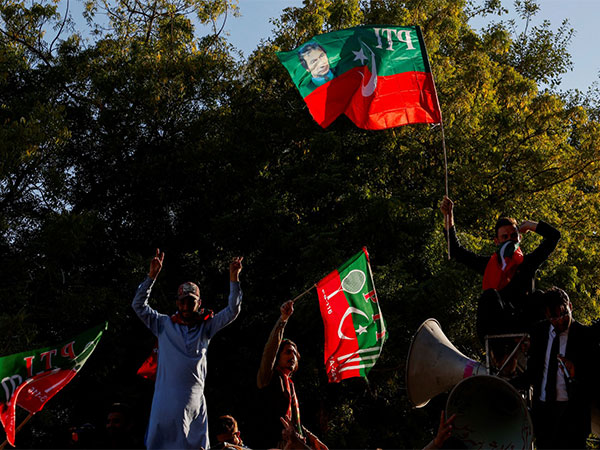Lahore Activists Rally for Climate Justice and Clean Air
Hundreds in Lahore, led by civil society activists and trade unions, protested for climate justice and cleaner air, demanding reparations for those impacted by environmental crises. The rally highlighted Pakistan's vulnerability due to fossil fuel reliance, advocating for a renewable energy transition to ensure job security and community protection.

- Country:
- Pakistan
In a significant move for climate advocacy, hundreds of activists and trade union members convened in Lahore on Sunday, pressing for stronger climate justice measures and cleaner air. According to Dawn, the demonstration, orchestrated by the Pakistan Kisan Rabita Committee (PKRC) and Labour Education Foundation (LEF), began at the Lahore Press Club and proceeded to Aiwan-i-Iqbal on Egerton Road.
Organizers and participants highlighted the need for job security for those affected by climate change, with banners and placards amplifying their demands. PKRC's Secretary-General Farooq Tariq pointed out that the current crisis disproportionately harms communities that have minimally contributed to environmental degradation. He criticized wealthy nations for shirking responsibility and stressed the necessity for reparations for flood-afflicted communities and the affirmation of the right to clean air.
The 2022 catastrophic floods in Pakistan, which impacted approximately 33 million lives, were underscored as a glaring example of the nation's susceptibility to climate change exacerbated by a dependency on fossil fuels. Khalid Mahmood from LEF noted the continued reliance on coal, oil, and gas, contributing over 60% of Pakistan's electricity, aggravates climate impacts and poses economic burdens. A transition to renewable energy is essential, Mahmood asserted, to reduce emissions, secure future livelihoods, and safeguard vulnerable communities.
Baba Jan, President of the Awami Workers Party in Gilgit-Baltistan, spoke to Dawn about immediate climate change effects, such as the rapid melting of glaciers in Gilgit-Baltistan, emphasizing the urgent threat posed to local communities. He further condemned reckless corporate resource extraction as a significant contributing factor to environmental degradation.
(With inputs from agencies.)









